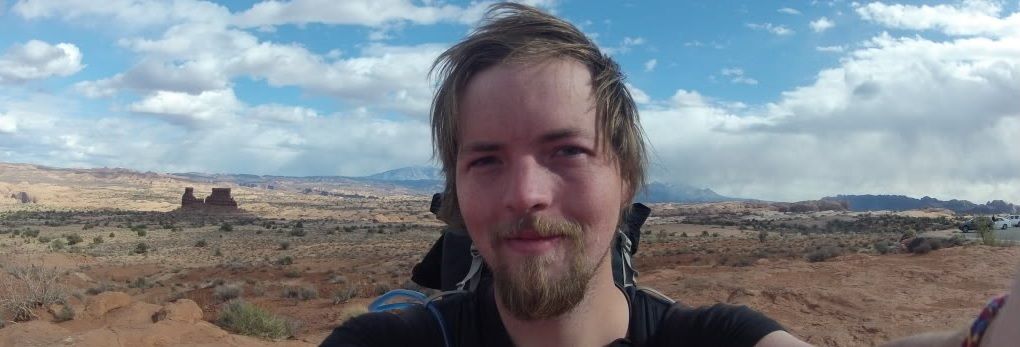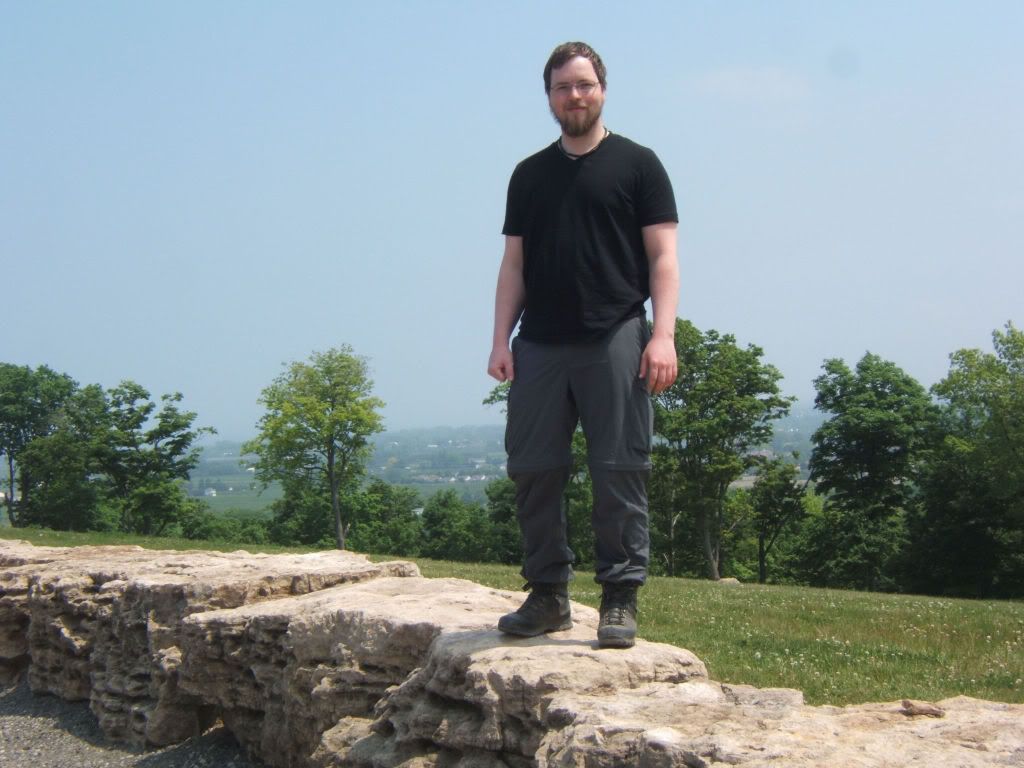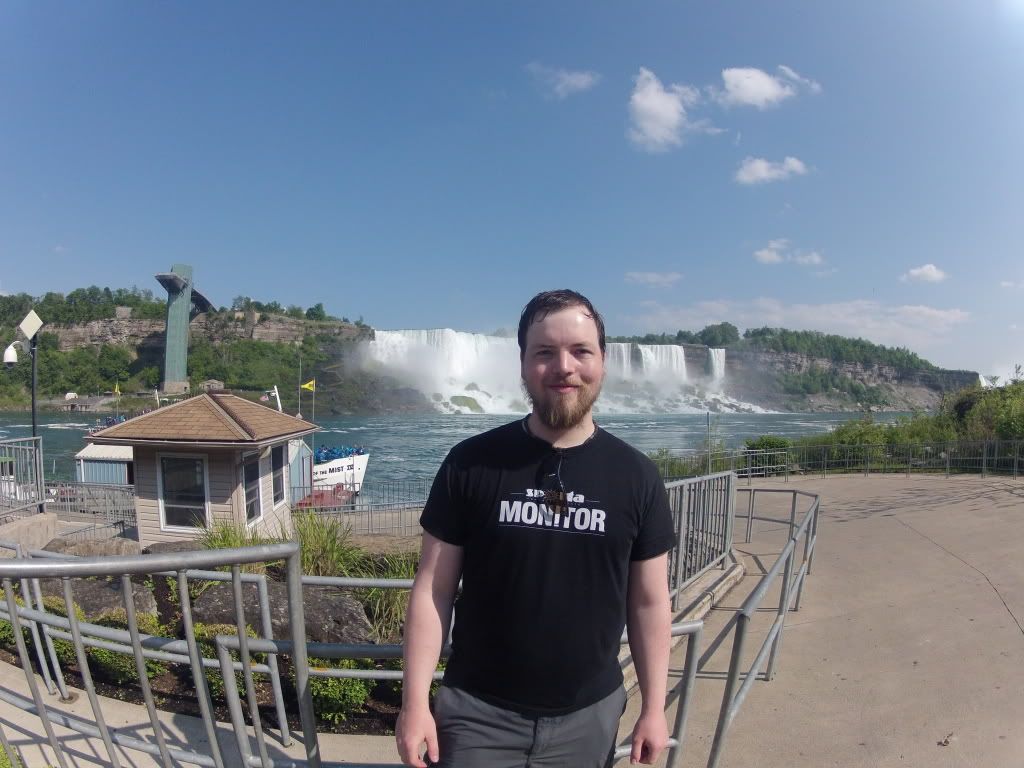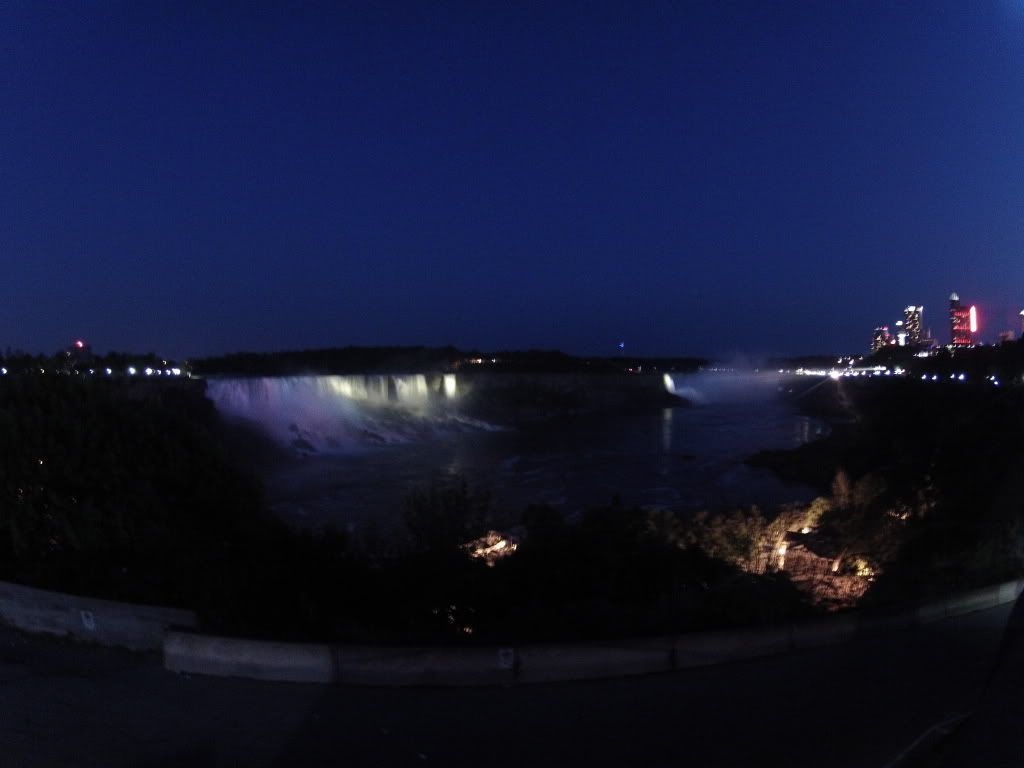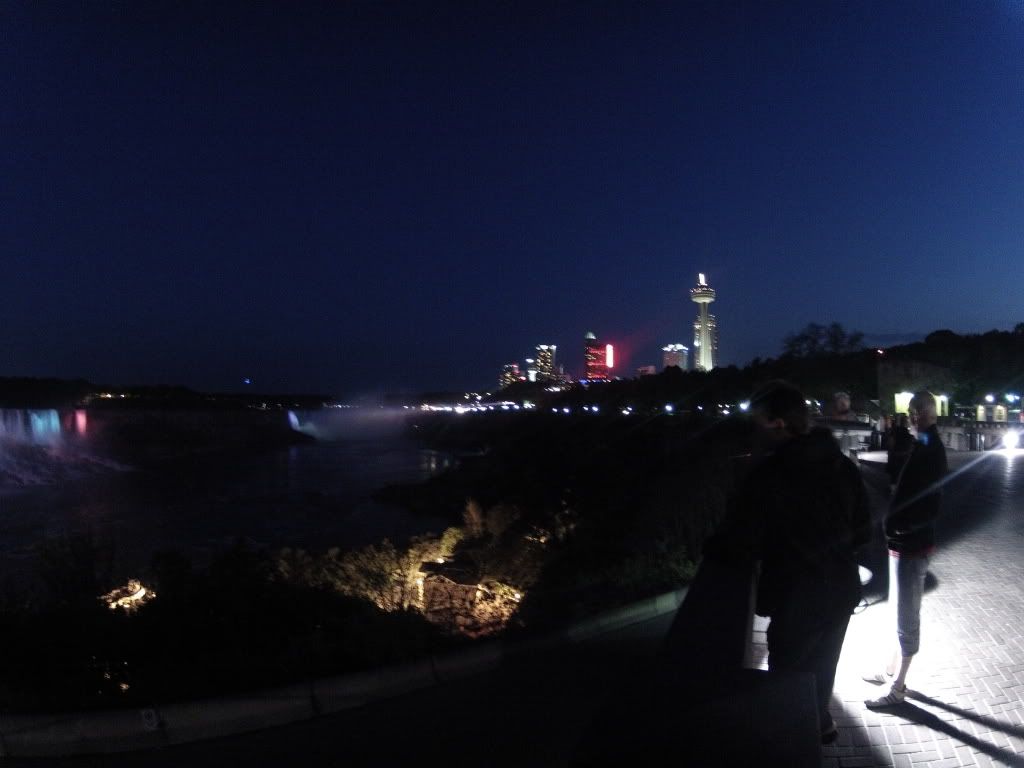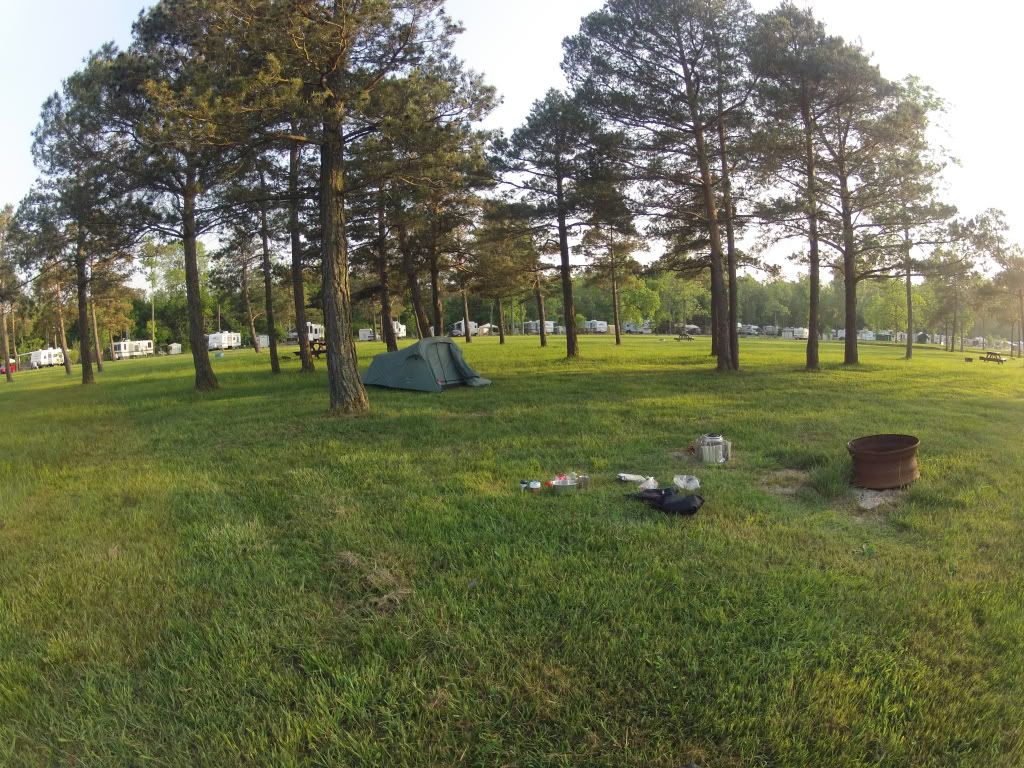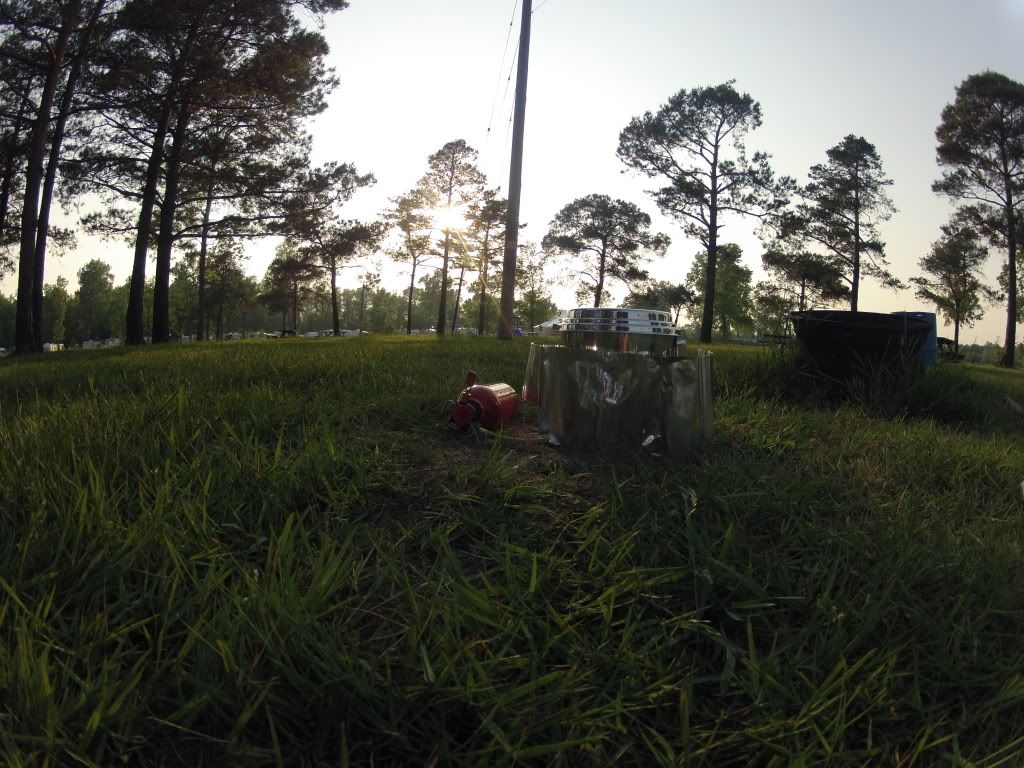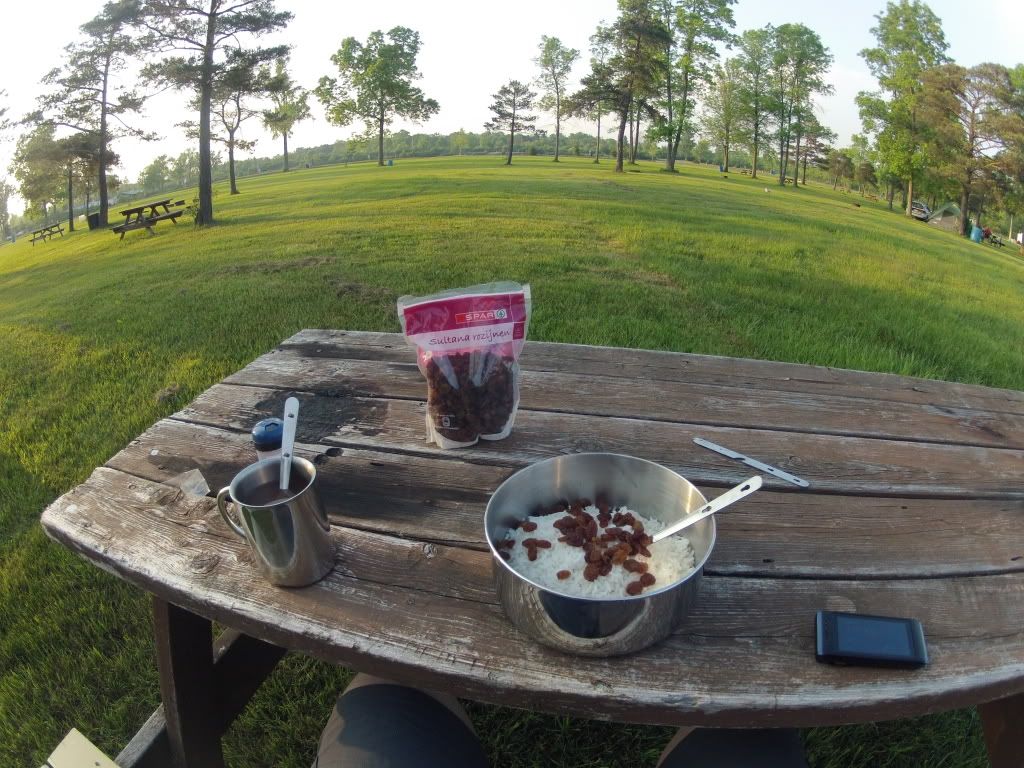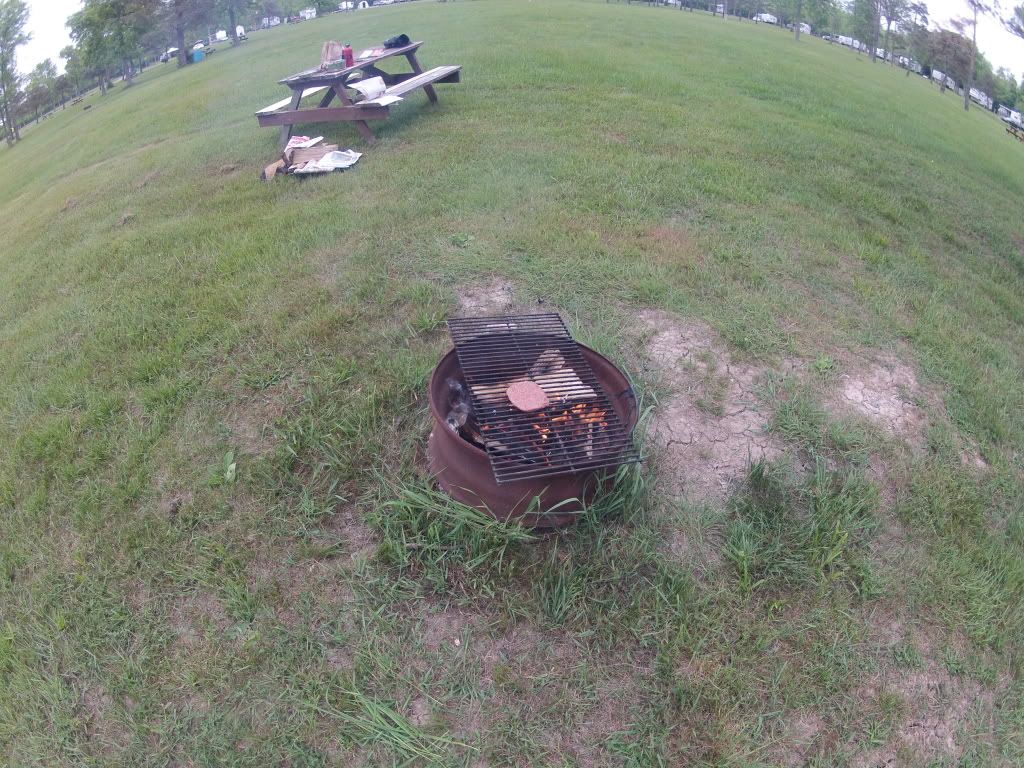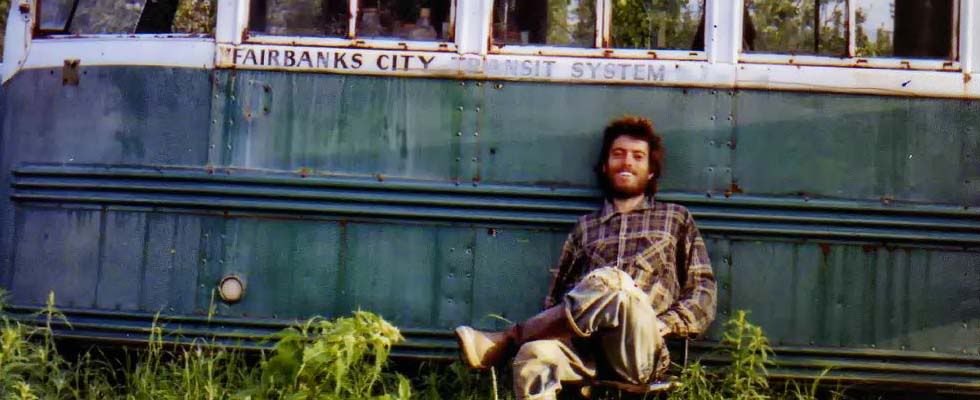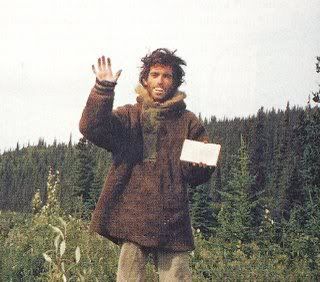"Two years he walks the earth. No phone, no pool, no pets, no
cigarettes. Ultimate freedom. An extremist. An aesthetic voyager whose
home is the road. Escaped from Atlanta. Thou shalt not return, 'cause
"the West is the best." And now after two rambling years comes the final
and greatest adventure. The climactic battle to kill the false being
within and victoriously conclude the spiritual pilgrimage. Ten days and
nights of freight trains and hitchhiking bring him to the Great White
North. No longer to be poisoned by civilization he flees, and walks
alone upon the land to become lost in the wild."
So today I wanted to take some time to talk about one of the persons that greatly inspire me, and it is only fair to start with the biggest inspiration of them all.
His story might be mentioned so much it might be called a cliché, his story is truely remarkable to me and it deserves to be mentioned more often: the story of Christopher McCandless, also known as Alexander Supertramp.
Many of you might already be familiar with his story, as it has been made into a book and also made it's way onto tv screens under the title 'Into the Wild'.
For those who have never heard of him, I'll give a pretty basic overview.
Christopher McCandless was a young man in his early twenties who, after graduating from Emory University, broke off all contact with friends and family to set off on what can be called an epic journey across the U.S, along the Mexico coastline, and eventually ending up in Alaska where he met a tragic end.
Being heavily influenced by the works of Jack London, Leo Tolstoj and Henry David Thoreau, he dreamt of a spartan-like existence, living with the minimum requirements needed to stay alive, doing away with greed and all things superficial.
To find the purest way of living was his goal. He set a moral standard for himself and continually measured himself and everybody around him to these standards. He raised the bar incredibly high.
People often spoke of his remarkable work-ethic and remarkable moral principles in which he stood unwaivering.
Where others of his age spent their entire weekend out partying, Chris would often be found in the bad parts of town buying food for the homeless and trying to give them advice to better their life.
Disgusted at modern society's focus on materialism, he gave all of his savings (consisting of around 24,000 dollars) to Oxfam International and set out on the road.
He broke off contact with his family because he found out his father had actually been married with another woman when he got Chris's mom pregnant, effectively making him a bastard son.
He found out and never told them, and they never told him. Thus every day at home felt like living in a lie, and he wanted to get away with it. During his travels they never heard from him.
The next two years he spent tramping around the West of the U.S, eventually getting a kayak and paddling down the Colorado river, eventually crossing over into Mexico and following the Gulf back into the US.
Along the way he picked up several jobs to buy gear and food but preferred to spend his days poor because those days were more adventurous to him.
And along the way he also met and befriended various people ranging from hippies to a boss while working at a grain elevator in South Dakota, and an elderly man who ended up wanting to adopt him, and even went so far as to pick up the same wandering lifestyle as his much younger friend.
Such was the power of his convictions.
Eventually though McCandless became obsessed with the idea of living in the wilds of 'the last frontier', Alaska, a journey which unfortunately would be his last.
Taking with him (according to him) the bare minimum, which many native Alaskans disputed and thought to be grossly lacking, he made his way into the frozen North.
He carried with him a .22 rifle, some basic necessities and a 10-pound bag of rice and was determined to make do with just that.
And he fared admirably for some time, too. Eventually though, having accomplished his goals, he wanted to leave.
However, on the way to the now famous bus 142, he had passed the Teklanika river. Small and undeep at winter, he had passed it with little trouble.
When he tried to leave somewhere around August though the river had swelled tremendously and had become unpassable. Chris was effectively stuck.
Food became scarce and he started to starve. It is said that he had food poisoning by either mistakingly eating a bad plant (confusing the wild potato root with a poisonous sister variant), or eating bad parts of an edible plant which had become poisonous during that period of time (which I personally find to be more likely).
Many native Alaskans have had a very angry and bad response towards Christopher McCandless.
To them, he was just another kid with his head up high in the clouds looking for a higher meaning in the wild, not realising the danger of the place they had come to.
He supposedly made a lot of bad mistakes, including mistaking a moose with a different animal and this instance as well as the fact that Chris was not carrying a map, and because of this he was branded as being completely unprepared idiot with a lack of respect for the wild.
I dispute that.
I dispute that because he has managed to survive for months, even though he just carried a relatively small sack of rice with him.
He managed to live off of the land for quite a while like that. He did something similar while kayaking along the Gulf of California, where he also lived off what he could find with some supplemental rice. You don't survive that long without a certain amount of knowledge.
Has he made mistakes? He certainly did. Not taking into account the swelling of the Teklanika was one of them.
Other mistakes can be heavily disputed. One of them I recently heavily debated the other day was his lack of a map.
Most people will logically regard a map as an essential piece of equipment.
Without one, the chances of getting lost and starving increase dramatically, and if McCandless had taken a map along he might very well be alive today. It so happens that not too far off from bus 142 there was an old cable-car bridge which he might have used to get to the other side of the Teklanika.
As such, it can be seen as a critical mistake not to take along a map. But it so happens that McCandless did not simply forget to take along a map. He didn't want a map.
You see, McCandless was one of those rare individuals with a deep wish to
discover.
To tread the beaten path was not what he truely wanted. He was an adventurer in a world that is no longer in need of adventurers.
There is nothing left to discover. The entire world has been mapped. What is a true adventurer to do in a world where everything has already been discovered and mapped?
Christopher McCandless's solution was to get rid of the map. Even though he would not find never-before-seen lands, in his own mind he discovered these 'new' places.
With a map you cannot truely discover, because you can see what is up ahead.
But it is people like McCandless that have shaped the world as we know it. People who left the safety of home to go out and find and discover new places.
To me, the only real difference between Christopher Columbus and Christopher McCandless is that Columbus made it out alive and McCandless did not. But in essence they are the same being.
Columbus too was ridiculed and frowned upon and questioned by everybody, but despite all the logical objections to such an endeavour it was Columbus who discovered a new continent.
Only after you set out and accomplish something truely amazing will you garner any kind of respect.
Untill that time people simply look at you like a crazy man.
To many Columbus was that crazy man, until he returned home having found 'the new world'.
Unfortunately McCandless might always be seen as that crazy man, but to me he is a hero.
Adventure per definition comes with risk. If you know beforehand how a situation will turn out, it's not an adventure anymore.
Today we have the luxury of relative safety that is brought to us by specialist equipment, maps and other such tools to help us. But the true spirit of adventure has always been one of uncertainty, something I'm afraid is something that people have forgotten.
I know this because in my line of work as an outdoor sports instructor I've met countless people who truely thought they were having an adventure by coming out to Belgium and taking part in a few guided activities.
But the simple fact that these activities are guided prevents them from being a true adventure.
Adventurous maybe, but not an adventure.
As such, is it a mistake to not bring a map along? Yes and no. I can see why people think of that as the biggest mistakes he made, but at the same time I can see why McCandless did not want one too.
For the dream he set out to accomplish, it was not a bad choice: it was a necessary choice.
One that led to his death, yes, but necessary nonetheless.
If you set out for an adventure and you want to live by certain principles, you can't half-ass them.
The same thing was true for his financial situation. Christopher got rid of all of his savings and eventually burned what little money he had left at the Detrital Wash because he wanted to prove to himself that he did not need money to be happy.
How can one truely expect to prove that with a few thousand dollars left as a back-up?
If you want to truely discover on your own, if you want that kind of an adventure, how can you keep a map as a back-up, just in case? It defies the point you are setting out to make.
It is really easy to poke holes in a dream like this one.
There are a thousand things you can say and hold against the story of Christopher McCandless, and while I'm sure there are many people who think of him as idiotic, to a select few his story truely speaks. The discussion raged on fiercely when the news first hit between those who thought Chris to be foolish and those who admired him.
But in the end, what is perhaps most inspirational and important to those people is that Christopher McCandless had a dream and he had principles, and he had the guts to go through with them.
His is a story of freedom, of morality and of pureness: a search for a higher truth, to get something more out of life than the average.
To do so, he gave it all and he paid the highest price. And though he might have had certain regrets, he did not regret the life he led.
I've always said myself that I'd rather die young having followed my dreams than live a long life of security, having tried nothing.
Before he died, Chris shot a last photograph. While clearly emaciated he holds up a sign saying: "I have had a happy life and thank the Lord. Goodbye and may God bless all!"
It is as Thoreau said in
Walden:
"No man has ever followed his genius 'til it misled him. Though the results were bodily weakness yet perhaps no one can say that the consequences were to be regretted.
For these were a life in conformity to higher principles. If the day and the night are such that you greet them with joy and life emits a fragrance like flowers and sweet-scented herbs, is more elastic, more starry, more immortal, that is your success. All nature is your congratulation, and you have cause momentarily to bless yourself. The greatest gains and values are farthest from being appreciated. We easily come to doubt if they exist. We soon forget them. They are the highest reality. The true harvest of my daily life is somewhat as intangible and indescribable as the tints of morning or evening. It is a little stardust caught a segment of the rainbow which I have clutched."
Writing this blog is a little bit frustrating because I never truely seem to find the words to perfectly describe what it is I think and feel. Because of that, I tend to heavily rely on quotes as other people sometimes have said it better than I possibly could myself. Unfortunately I don't think I'm that good at expressing myself though I hope that some day I will find the right words. I hope I will soon find the time to properly contemplate them.
But as such, I want to close off with a quote of Christopher McCandless that perfectly describes how I feel and have been feeling for the last few years and it is this which I wish to achieve:
“So many people live within unhappy circumstances and yet will not take
the initiative to change their situation because they are conditioned to
a life of security, conformity, and conservatism, all of which may
appear to give one peace of mind, but in reality nothing is more
damaging to the adventurous spirit within a man than a secure future.
The very basic core of a man's living spirit is his passion for
adventure. The joy of life comes from our encounters with new
experiences and hence there is no greater joy than to have an endlessly
changing horizon, for each day to have a new and different sun.”
―
Chris McCandless
It is because he did this, that Christopher McCandless will forever be a hero to me.
May he rest in peace.
